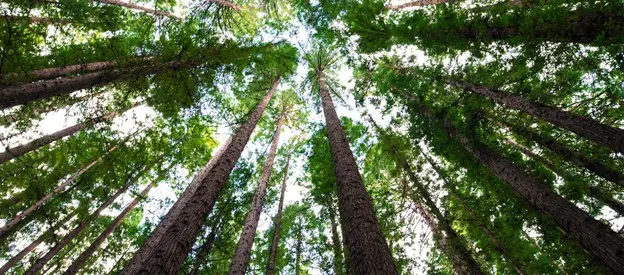These days, funerals can take many different forms and in modern-day Ireland there are plenty of options for the final send-off.
The traditional Irish wake was a common feature in Ireland up until the 1970s. It involved the process of laying out the body of the deceased in the house they lived, and for friends and relatives to gather there. Usually, food and drink was on offer and people would come to socialise and remember the deceased.
The tradition is thought to have a number of origins. One is that it dates back to the ancient Celts who believed that when a person died, he or she went to the afterlife and this was something worth celebrating.
Another reason for the Irish wake could be the habit of drinking stout from pewter mugs. An unfortunate side effect was lead poisoning that resulted in symptoms where the victim appeared to be dead, but would recover a few hours later. Friends therefore would gather and watch over the body to see if the person recovered.
In a traditional wake, neighbouring women who have experience in laying out bodies would gather at the house. The body would be washed and a habit put on it. A bed would be prepared and a crucifix placed on the breast, and rosary beads put in the fingers.
Traditionally, all clocks in the house would be stopped at the time of the person’s death, and the curtains closed as a mark of respect.
Cremations are more common-place these days – the Catholic church lifted its ban on cremations in the 1960s, provided the cremation doesn’t demonstrate a lack of faith in the resurrection of the body. However, at 6 percent of funerals, the Republic of Ireland has an overall low cremation rate compared to the UK, where the rate is 70-75 percent.
Green funerals have grown in popularity in recent years, where people opt for environmentally-friendly methods of body disposal. These include woodland burials where resting places are marked with simple, engraved stones and a native Irish tree, such as the natural burial ground in Co Wexford.
Many people also want to be buried in biodegradable coffins, rather than traditional coffins that are typically made of solid wood or chipboard/veneer. You can opt for a wicker, banana leaf or cardboard coffin instead. Another modern trend is for people to write on cardboard coffins – a personal message in memory of the deceased.
For people who aren’t religious, there is the option of the humanist ceremony where humanist celebrants will work closely with the family to develop a personal service without any religious elements. It might include readings, music and poetry.
It is possible to be buried outside of an official graveyard – on private family land, for example. However, this needs to be arranged well in advance of the person’s death and an environmental health inspector from the local authority would need to visit the proposed site and approve it beforehand to ensure the burial wouldn’t cause water pollution issues.
Finders Ireland offers the safest solution to probate problems. Our probate genealogists (also known as heir hunters) can identify and trace heirs, and locate missing or unknown beneficiaries in Ireland and worldwide.


